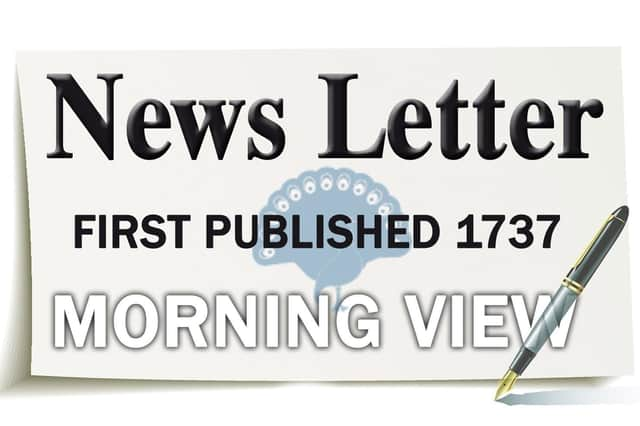Editorial: Unionists could have influential friends in the United States


It is St Patrick’s Day tomorrow, a day that is celebrated more in parts of America than it is in parts of Northern Ireland.
The marking of Ireland’s patron saint in ceremonies in places such as Washington DC has long been primarily seen as a Catholic Irish occasion, as seems apparent in the image opposite of the ‘Friends of Ireland’ luncheon on Capitol Hill. The secretary of state for Northern Ireland, Chris Heaton-Harris, can be seen looking towards the flags of the United States, the Stars and Stripes, and that of the Republic of Ireland, the Tricolour.
Advertisement
Hide AdAdvertisement
Hide AdIt is only fair to note, however, that March 17 in Washington, while still a date in which the Dublin establishment holds sway, is a more nuanced affair than it once was. Joseph Kennedy III, the special envoy for Northern Ireland, is from a famously Catholic Irish family, some of whom have seemed politically anti British, yet he is at pains to be warm about the Scots Irish tradition, and he respectfully refers to Northern Ireland, rather than using the preferred Irish republican term the North of Ireland.
You don’t hear much today about the Scots Irish, in part because they became like the English and Germans in America – just Americans, rather than Americans qualified by the place of origin. The later, mostly Catholic, Irish and Italian waves of immigration continued to identify themselves by their original home nationality, but that too is changing. Some of the most influential judges and politicians in America now are of Catholic Irish descent but say little of that background. While the specific European ancestry of Americans is fading, unionists can still make powerful connections based on the Ulster link. They have not done so in the past in the way that Irish nationalists have done, but, happily, that seems to be changing.